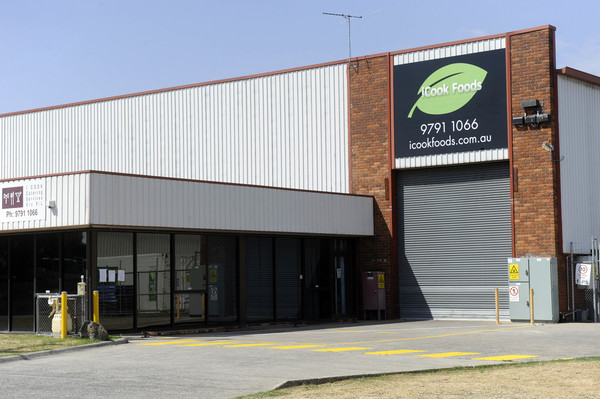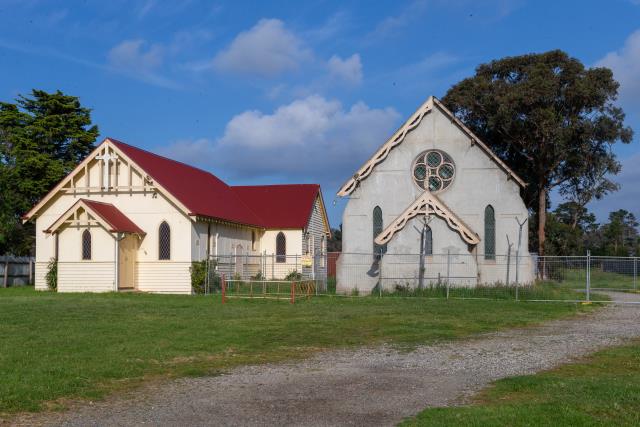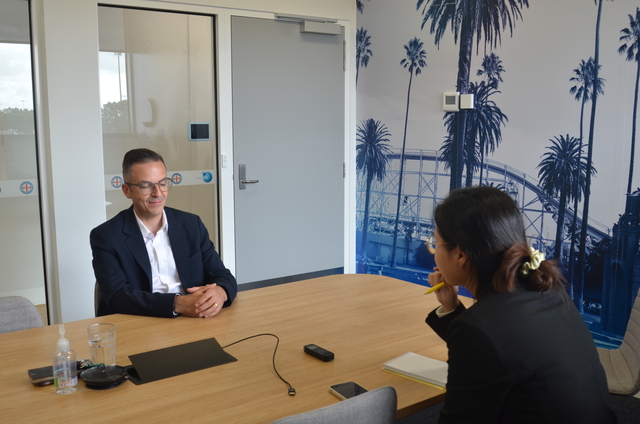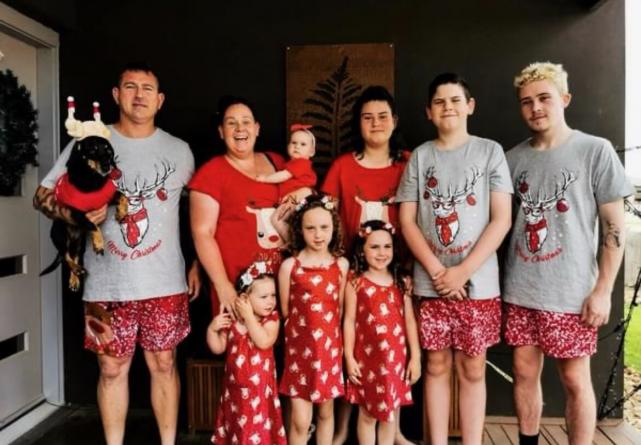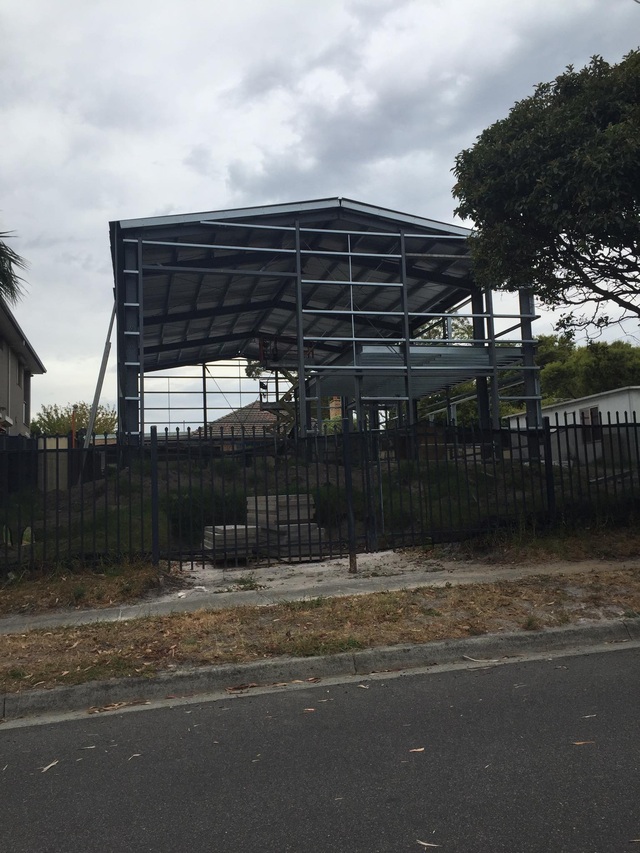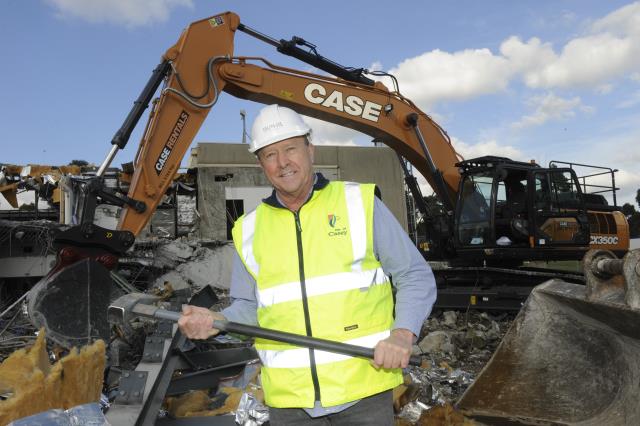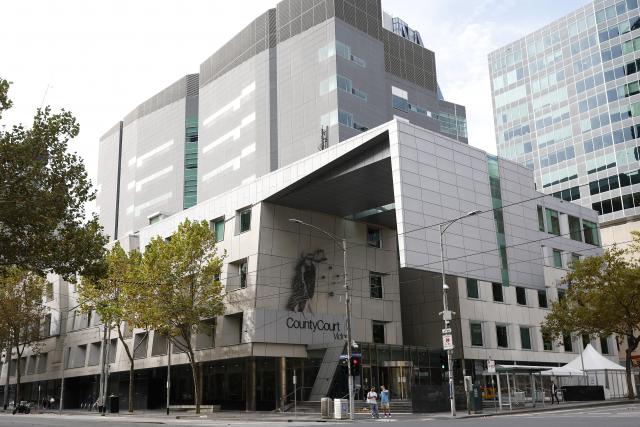Commercial caterer I Cook Foods was forced to shut down hours before a Knox Council health inspector reported evidence that it was likely in the clear, an inquiry has heard.
In early 2019, the Dandenong South factory was shut for a month by health authorities as part of an investigation into the death of an elderly Knox Private Hospital patient with suspected listeria poisoning.
As a result, the family business was destroyed, 41 jobs were lost.
Knox Council health inspector Ray Christy told the Parliamentary inquiry into ICF’s closure on 25 August he reported to the state’s health department that the patient hadn’t eaten ICF’s sandwiches.
On his inspection of the hospital on 21 February 2019, he was told the patient was likely on a “soft diet” of sandwiches without crusts prepared in the hospital’s own kitchen.
Six other food suppliers contributed to the hospital-prepared meals – none of which were investigated, Mr Christy said.
Before Mr Christy filed his report, then-Acting Chief Health Officer Brett Sutton signed the closure order that day and it was served on ICF at 4am on 22 February.
About 10.30am, Mr Christy emailed his report to the health department.
Within minutes, he got a phone call from the department to double-check the patient was on a “soft diet”.
“In my opinion they were dissatisfied with that answer,” Mr Christy told the inquiry.
After a further inspection, Mr Christy was told the hospital was “certain” of the patient’s ‘soft food’ diet and he confirmed this in a second report at 12.42pm.
Less than two hours later, Professor Sutton issued a public alert and fronted a press conference announcing ICF’s shutdown.
An inspector for 30 years, Mr Christy said “key evidence” was missing to conclude what the source of the listeria infection was.
“We’ll never ever really know where she got that infection.”
Key evidence included samples of the patient’s food. Knox Council was called in to investigate four weeks after the patient’s diagnosis – too late to collect such samples, Mr Christy said.
Other required evidence were copies of the patient’s four-day food history, which had by that time been destroyed by the hospital.
“We must be absolutely certain and proven beyond a reasonable doubt before taking serious action against a food business, (that) there’s evidence to actually confirm that risk is present.
“You cannot just rely on genome sequencing of listeria monocytogenes pathogen.”
There were strict policies to ensure food businesses weren’t closed “willy nilly”, Mr Christy said.
“You don’t proceed in the process of shutting them down until you’ve got the complete picture.”
Mr Christy said he was instructed by the health department to focus on ICF supplied sandwiches but not other possible foods eaten at the hospital.
Yet, listeria could also be found in soft cheeses, salad mix and vegetables, he said.
“If the patient ate other foods other than sandwiches, why wasn’t I asked to focus on those food suppliers?”
At the inquiry hearings in 2020, Professor Sutton claimed I Cook Foods was the hospital’s “sole caterer”. He didn’t refer the inquiry to Mr Christy’s contrary findings.
The department had interviewed the patient’s next-of-kin and treating doctor to obtain the patient’s food history, he said.
“These interviews revealed that whilst in hospital the patient only consumed food from the hospital, with all food provided by Knox Private Hospital’s sole caterer, I Cook Foods.
“I had good information that the patient had consumed food supplied by I Cook Foods during her incubation period—so the period from potential consumption of food until becoming unwell—and that I Cook Foods was the only premises where listeria was detected.”
Prof Sutton said “no one single piece of information was used in isolation” in his decision to close ICF.
“Rather, it was the collective picture of public health risk that I believed I Cook Foods’ continuing food production represented.”
Prof Sutton is expected to re-appear at the inquiry on 1 September.

